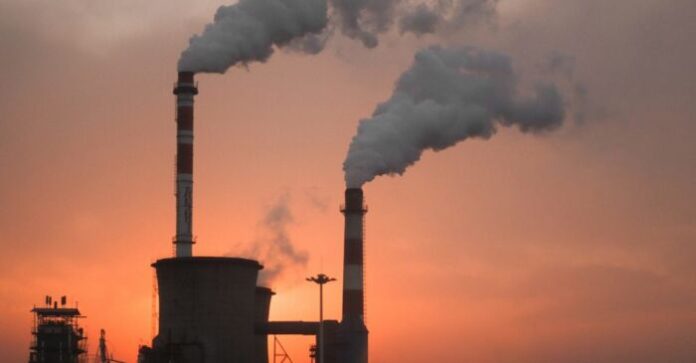
Global warming is the evil of this century. Human beings are responsible for climate change and for what is happening to the environment. Scientists are all in agreement in blaming human activities and the intensive exploitation of natural resources for global warming, but how do the various countries affect CO2 production and greenhouse gas emissions?
The World Bank, which has conducted a historical analysis since 1960, has tried to answer this question. If we think only in a current perspective, we know that in absolute terms China is the country that emits more carbon dioxide, and that the Gulf economies are the ones that drive the rankings per capita.
Analyzing data from around 60 years ago, the United States leads the ranking with over 1,100 tons per capita in six decades, followed by Canada with just under a thousand. Among the countries examined in the Info Data, Saudi Arabia ranks third and gradually all European countries, with Germany in the lead.
The analysis conducted by the World Bank serves to analyze the phenomenon “global warming” in historical terms. The production of greenhouse gases, in particular of carbon dioxide and methane, is one of the main causes of global warming and has increased exponentially with industrialization. For a while, the earth’s natural resources have managed to absorb excess CO2 to maintain the delicate balance that regulates the planet’s temperature, now the situation is changing.
Countries that up until a few decades ago lived in fundamentally agricultural contexts, with almost non-existent services and infrastructures, experienced a boom in terms of economic and industrial development, consuming much more energy than in the past to recover the economic gap with the West. If we add to this that the population has increased to over seven and a half billion individuals, it is easy to understand that to meet the needs of everyone a much greater expenditure of resources is needed than what was needed in the past, when a standard of living high was reserved for a small percentage of human beings.
The historical analysis of the World Bank is certainly not exhaustive of the enormity of the problem but offers a new point of view and partly supports the thesis supported by the developing countries, which ask the richest to take on the greatest efforts to counteract climate change.



































